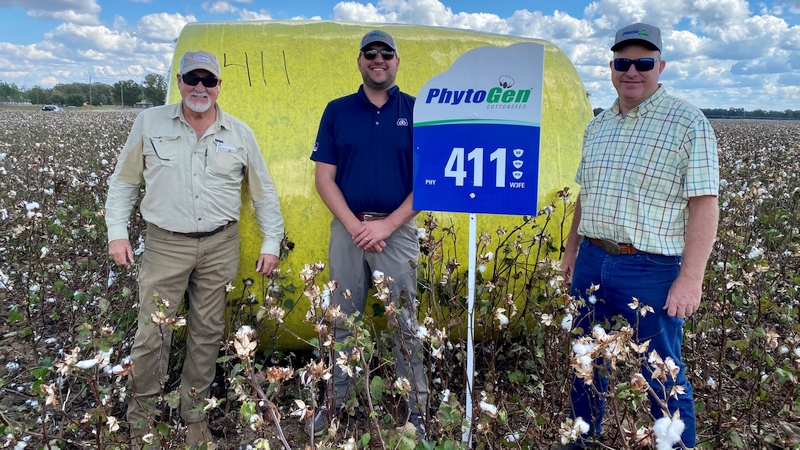SEEP Committee to Release Findings at ICAC Meeting
In 2006, an expert panel was formed with members from select International Cotton Advisory Committee (ICAC) member countries.
The panel, named the Social, Environmental and Economic Performance (SEEP) of Cotton Production, was created as a result of deliberations during the ICAC’s 65th Plenary Meeting that year. The objective of the panel was to provide objective, science-based information on the negative and positive social, environmental and economic aspects of global cotton production.
“The thirteen members of this panel represent a broad cross-section of countries, relevant knowledge, expertise and interest from not only the traditionally-recognized cotton industry but also from universities and government agencies,” explains Dr. Pat O’Leary, Senior Director, Agricultural Research, Cotton Incorporated and member of the SEEP.
The charge of SEEP was to formulate recommendations for the improvement of the world cotton industry’s sustainability. “Alan William, SEEP chair, will make a report on their efforts with emphasis on a newly-completed report of a pesticide use study during the ICAC’s General Session at their September 20-25 meeting in Lubbock, TX,” adds O’Leary.
The report will include information on pesticide use in Australia, Brazil, India, Turkey and the United States. SEEP contracted with the Environmental Research Assessment group Alterra, of Wageningen University in the Netherlands. “Alterra addressed the types and amounts of pesticides (excluding herbicides) these countries used between 1994 and 2007, and the hazards these products present to human health and the environment,” states O’Leary.
The hazard of a pesticide is based on factors like its toxicity to various organisms such as bees and fish, and its potential to cause cancer. “The report does not address risks associated with using pesticides. For example, in the study aldicarb (the active substance in Temik) was found to be highly toxic to bees but because it is soil-applied, it is very unlikely that a bee would come into contact with it so the risk is low in that regard,” explains O’Leary.
The Chairman of the SEEP will touch the study’s major findings and SEEP’s recommendation in regard to pesticide use during the First Open Session of the ICAC’s 69th Plenary Meeting September 21. The final report will also be available for downloading at http://www.icac.org/seep/documents/english.html
The interpretive summary, also available on the Web site, provides a more reader-friendly version of the full report. In addition, it includes a section on factors in the studied countries that have influenced changes in pesticide use noted in the report.









